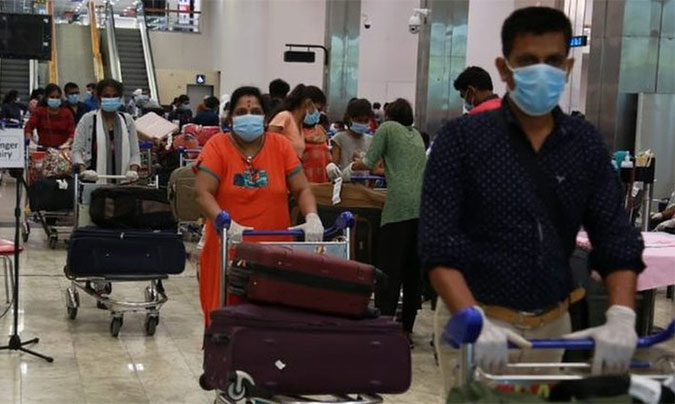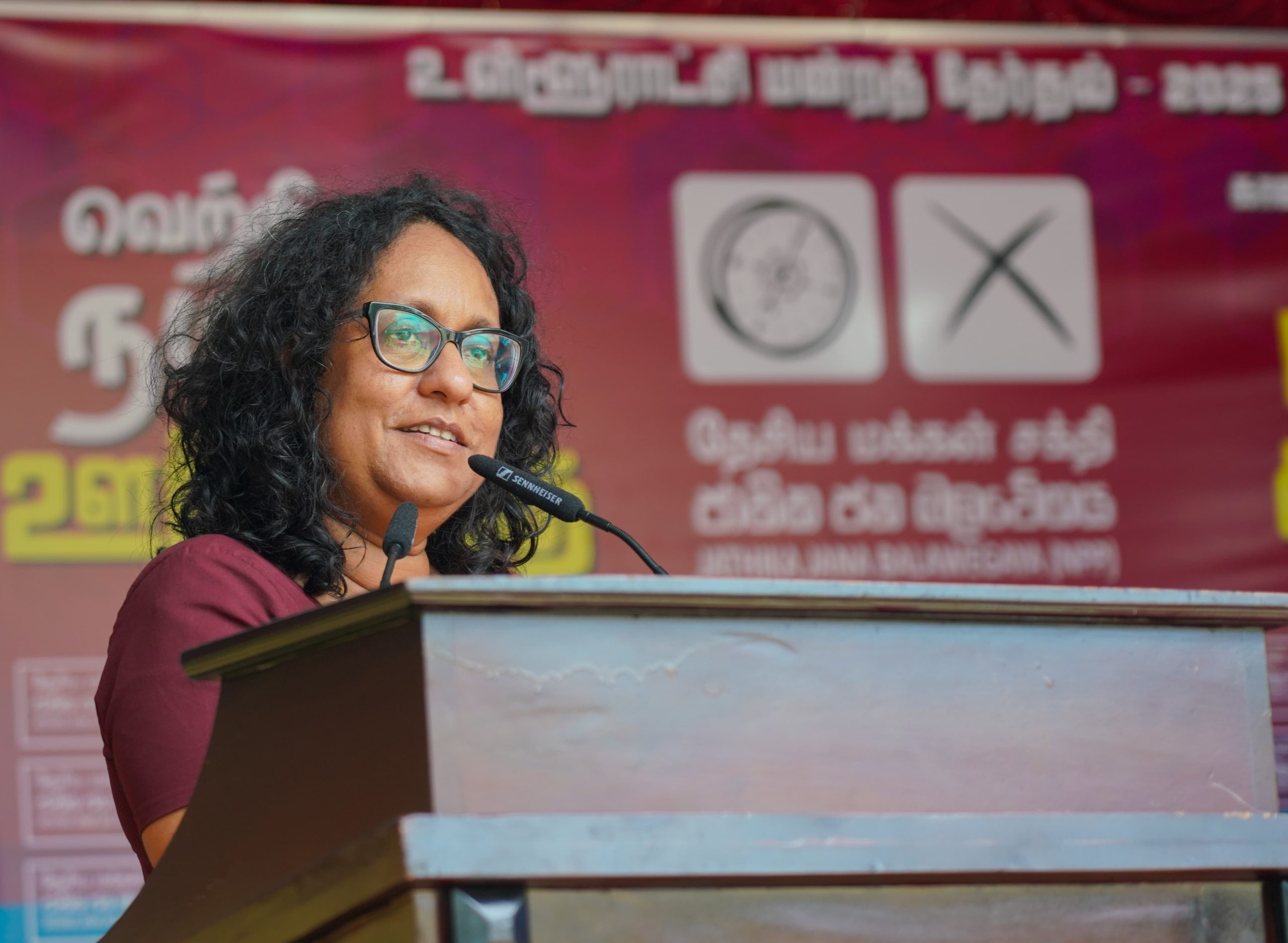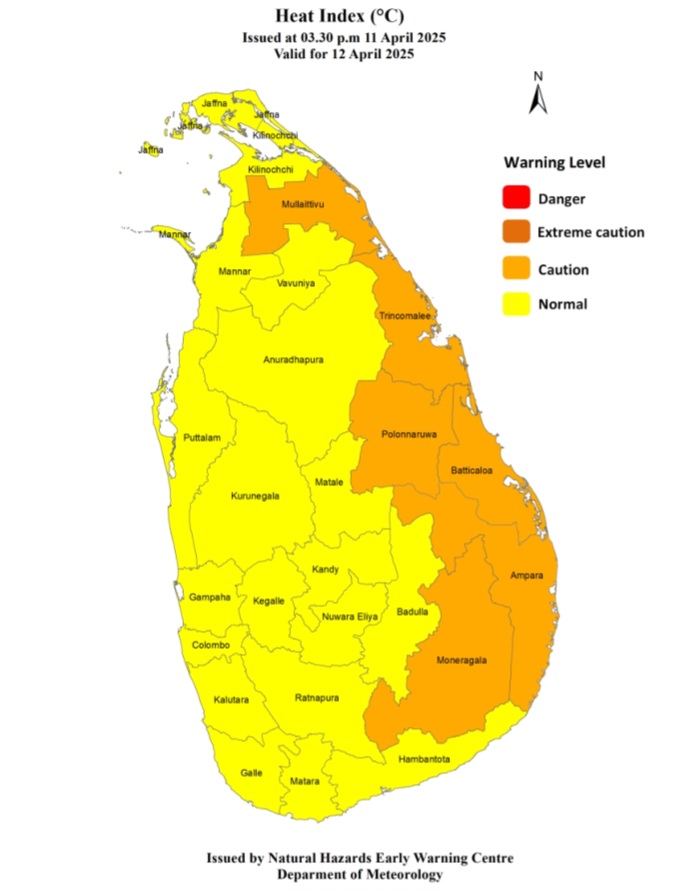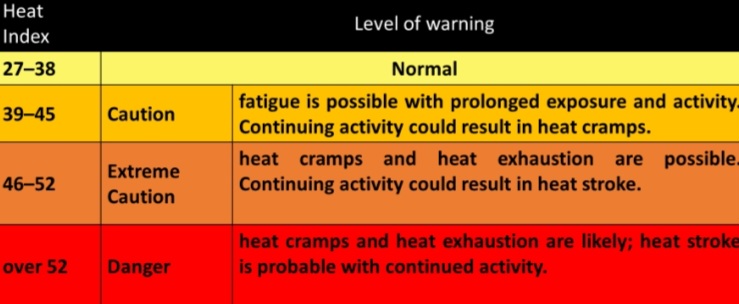News
Lankans migrate, work over time, and eat less to beat inflation

By SHIHAR ANEEZ
Leaving his family and relatives was the hardest decision for Suren. But he had no other option.He never wanted to go abroad for work. An accountant by profession, Suren even had the opportunity to be promoted for a higher post at the private firm he was working at in Colombo. But he was left with no choice.
“For the last three years, I had hopes that this country would become a better place for us to live peacefully. But it is becoming increasingly hard to live with the status quo,” the 36-year-old father of three from Colombo suburb Dehiwela said in conversation with EconomyNext.
Armed with a local accountancy qualification, Suren managed to find a job in Dubai. He leaves Colombo next week and is now in the process of preparing his family for his physical absence.
“It’s very hard to find an affordable school van service for my two sons. If I live in Sri Lanka, at least 40 percent of my salary will go only to send my boys to school,” he said after dropping his children at one of the main schools in Colombo.
A currency crisis that led to a shortage of essentials, sovereign debt default, and later into a political crisis has forced Suren to look for better opportunities than his 50,000 rupee (139 dollar) monthly salary.The sharp depreciation of Sri Lanka’s currency alone resulted in his monthly salary eroding from 250 US dollars to its current level. Excess money printing by the central bank to artificially maintain record low interest rates and exchange rates are now taking their toll on Sri Lankans from all walks of life.
Suren will now earn in UAE dirham which has almost doubled against the local rupee in the last seven months.
“I can’t think of a future for my kids because at one point we did not have milk powder for my younger child, wheat flour to make breakfast, cooking gas for our own meals or medicines for my mother. More than anything, costs have gone up like crazy with no additional income,” he said.
Thousands of Sri Lanka’s skilled workers and professionals are facing the same situation as Suren. Most of them plan to leave the country either for a foreign job or to migrate permanently.
Official data showed that over a quarter million people have left the country so far this year, mainly for jobs.
“When you earn in foreign currency, at least you can manage the expenses,” said Suren.
“It is a cushion against the high costs. I hope I can take my family as well in the future to a foreign country. I have lost hope in this country.”
Sri Lanka’s inflation is hovering at a record high of 70 percent. The price of essential goods have more than tripled just in the last eight months, data showed.A person needs at least 500 rupees to have three meals a day with minimum nutrition.
Food inflation is now hovering over 90 percent.The central bank’s tight monetary policy with a record increase of policy rates has yet to curb inflation.Money printing, supply disruptions caused by former president Gotabaya Rajapaksa’s fertilizer mess up, a crippling dollar shortage, and sharp depreciation of the rupee led to significant price increases and affected supply across the board.
Supermarkets have put up notices warning customers that there could be frequent price hikes and asking them not to argue with staff if the real prices are not the same as those displayed on the shelves.Many Sri Lankans have cut down on food. Some have reduced their meals to two a day while others manage with reduced protein content in their plates. Some others have changed meals to one and consume cheaper foods at main meals.
“My wife and I have stopped eating in the mornings. But we try to give nutritious meals to our kids,” Shantha Silva, a 46-year old father of two, told EconomyNext.
Silva was a threewheeler taxi driver before the economic crisis. But the fuel shortage and expensive petrol have resulted in less demand for hires as more people have shifted to public transport or push bicycles or walking.Now he goes on hires as a part-time driver mainly at night. In morning hours, he works as a security guard at a private office in Wattala, 10km from capital Colombo, while also working in a hotel kitchen when he has some time off.
“It’s a machine life now,” said Silva.
“If you want to survive in Sri Lanka without stealing or smuggling drugs, you have to have multiple jobs or reduce the meals you take.”
Silva’s wife is a cancer survivor but still needs medicines to keep the 45-year old kindergarden teacher healthy.
Both of their salaries are now adequate to manage only 50 percent of the total needs of their family. Before the crisis, Silva’s family saved at least 10,000 rupees or nearly 10 percent of their monthly compensation.But now Silva, similar to millions of Sri Lankans, is struggling to make ends meet.
“Reducing meals is not an option for children as they might face malnutrition. So I try my best to feed them by working multiple jobs,” he said.
Latest News
Establish a clean local governance system that utilizes budget allocations transparently for rural development – Prime Minister

Prime Minister Dr. Harini Amarasuriya emphasized the need to create a clean and transparent local governance system that effectively utilizes budget allocations for the development of the rural sector.
The Prime Minister made these remarks on Friday (11), while addressing a public gathering held in Karainagar, Jaffna.
Elaborating further, Prime Minister Dr. Harini Amarasuriya stated:
“This country is rich in cultures and traditions and inherits a proud and prosperous history.
I was deeply moved by the information I received about Karainagar. In 1977, around 80,000 people lived in Karainagar. Unfortunately, today it has dropped to 10,500. What happened to the rest of the people? I also learned that Karainagar is home to some of the most educated and affluent people in the Northern Province. That is remarkable, but the issue is that in order to become educated and affluent, they were forced to leave Karainagar.
Who speaks up for those who could not leave? They are citizens of this country. They are entitled to have equal rights like everyone else does. As the Minister of Education, I looked into the education system in Karainagar. I discovered that there are only two schools offering GCE Advanced Level education, with only two teachers in total. Further, all students who have passed the Grade 5 scholarship exam leave Karainagar to Jaffna for further education.
Throughout the years, there were changes in governments, presidents, national administrations, members of parliament representing this area, local governments, and provincial councils but what have they done to uplift the education of Karainagar?
Education increases the value and prosperity of people. Education is vital as such. However, for decades, the right to quality education has been denied in this region. In addition, there is a severe water issue in Karainagar. Access to clean drinking water which is a basic necessity, comes at a cost to the people in this area. Various projects launched to provide drinking water have never been completed due to corruption.
Further, roads, transport, and many other services have deteriorated due to corruption at the local level. It has been 16 years since the war ended yet what has changed since then? Why have these issues not yet been resolved? That is why the upcoming local government elections are crucial. Problems at the local level must be addressed by local government institutions.
About a month ago, the first budget of the government has been passed.
A significant allocation has been made from all local government accounts for education, health, public welfare, infrastructure, and public transportation but these funds must be spent wisely.
For that, local governments should be governed by clean and corruption-free environment. Therefore, in this election, we must elect people who are free from corruption and dedicated to the purpose of serving the public. In 2024, the people of this country made a decision to change the political culture. On May 6, they will once again have the opportunity to make a thoughtful decision for the betterment of their villages.”
During the event, Minister of Fisheries . Ramalingam Chandrasekar also shared his views:
“Today, the political morality we expected for has taken root in this country. Unlike the governance of previous governments, the representatives of the current government are not exercising the power to enrich themselves and some even do not hesitate to return their salaries for serving the general public.
Today, the public service receives higher salaries, and the government is taking possible decision for the benefit of the people.”
The event was attended by Members of Parliament Shri Bhavan and Ilayankumar, along with other public representatives and candidates contesting in the local government elections.


[Prime Minister’s Media Division]
Latest News
Warm Weather Advisory issued for Eastern and Uva provinces and Polonnaruwa and Mullaitivu districts.

Warm Weather Advisory
Issued by the Natural Hazards Early Warning Centre of the Department of Meteorology for 12th April 2025.
The public are warned that the Heat index, the temperature felt on human body is likely to increase up to ‘Caution level’ at some places in Eastern and Uva provinces and Polonnaruwa and Mullaitivu districts
The Heat Index Forecast is calculated by using relative humidity and maximum temperature and this is the condition that is felt on your body. This is not the forecast of maximum temperature. It is generated by the Department of Meteorology for the next day period and prepared by using global numerical weather prediction model data.
Effect of the heat index on human body is mentioned in the table below and it is prepared on the advice of the Ministry of Health and Indigenous Medical Services.

ACTION REQUIRED
Job sites: Stay hydrated and takes breaks in the shade as often as possible.
Indoors: Check up on the elderly and the sick.
Vehicles: Never leave children unattended.
Outdoors: Limit strenuous outdoor activities, find shade and stay hydrated. Dress: Wear lightweight and white or light-colored clothing.
Note:
In addition, please refer to advisories issued by the Disaster Preparedness & Response Division, Ministry of Health in this regard as well. For further clarifications please contact 011-7446491.
Latest News
Sun directly overhead Adiyakulam, Veppankulam, Padawiya and Kuchchaveli at about 12:11 noon today [12]

On the apparent northward relative motion of the sun, it is going to be directly over the latitudes of Sri Lanka during 05th to 14th of April in this year.
The nearest areas of Sri Lanka over which the sun is overhead today (12th) are Adiyakulam, Veppankulam, Padawiya and Kuchchaveli at about 12:11 noon
-

 Business5 days ago
Business5 days agoColombo Coffee wins coveted management awards
-

 Features6 days ago
Features6 days agoStarlink in the Global South
-

 Features3 days ago
Features3 days agoSri Lanka’s Foreign Policy amid Geopolitical Transformations: 1990-2024 – Part III
-

 Features1 day ago
Features1 day agoRobbers and Wreckers
-

 Features6 days ago
Features6 days agoModi’s Sri Lanka Sojourn
-

 Midweek Review3 days ago
Midweek Review3 days agoInequality is killing the Middle Class
-

 Features5 days ago
Features5 days agoSri Lanka’s Foreign Policy amid Geopolitical Transformations: 1990-2024 – Part I
-

 Features4 days ago
Features4 days agoA brighter future …











